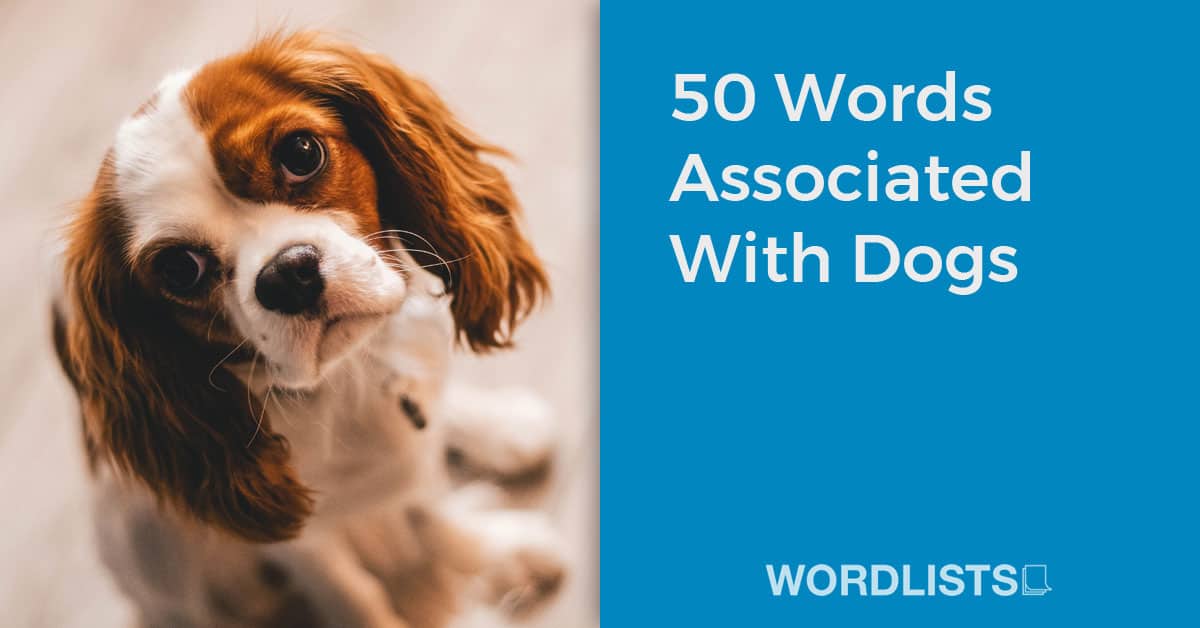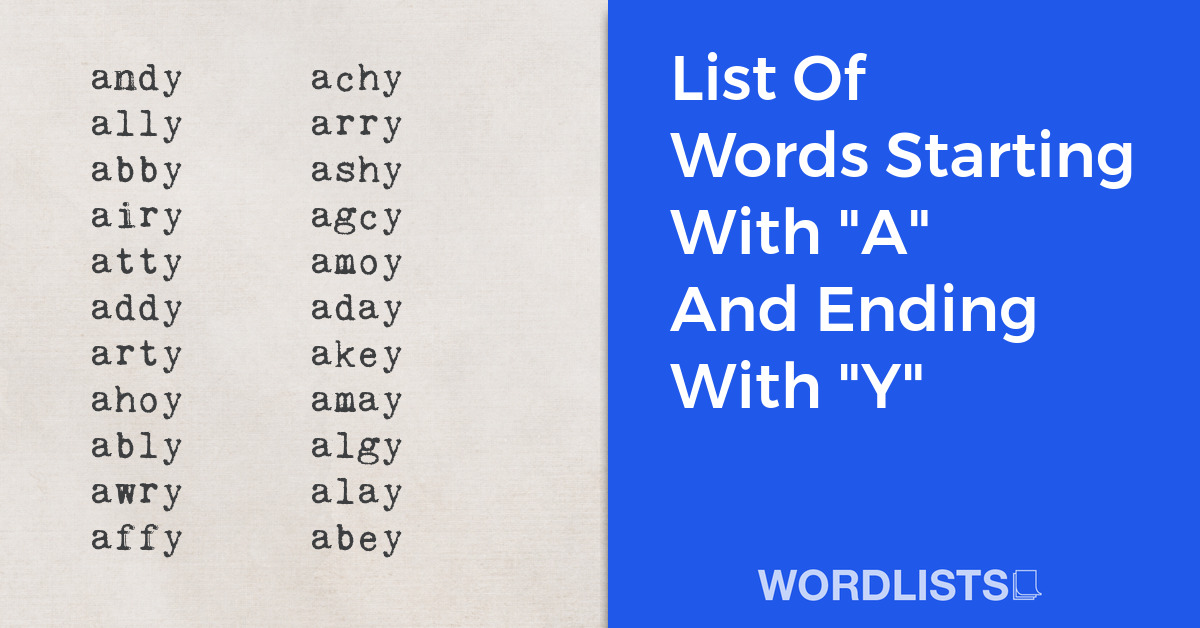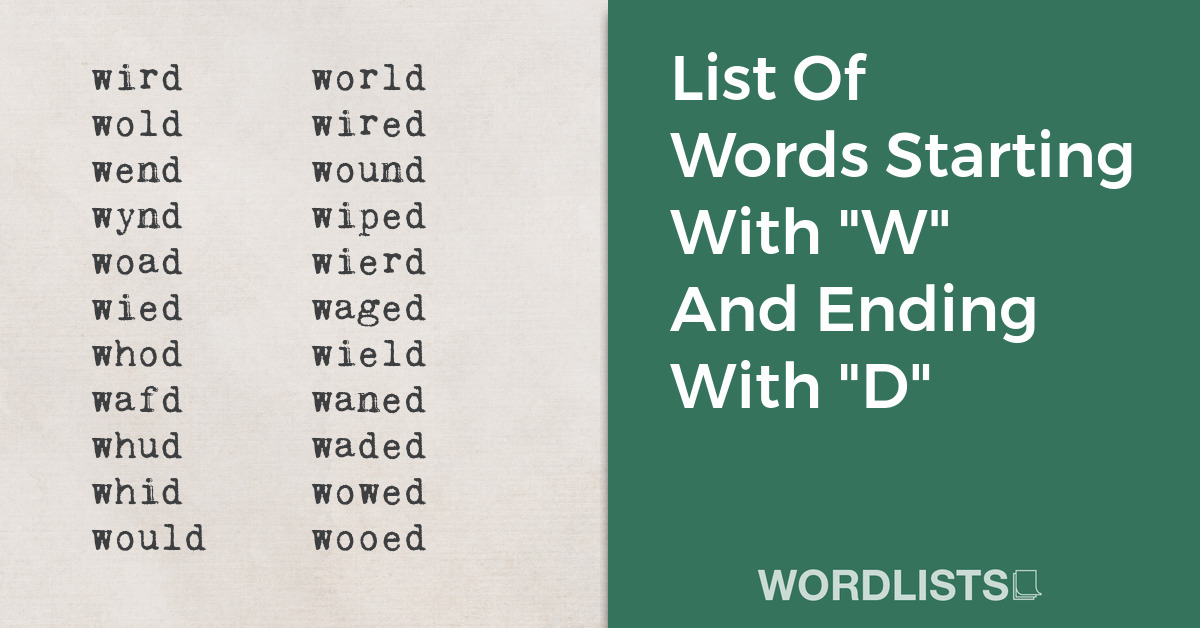Contractions are shortened forms of words or phrases that are commonly used in spoken and informal written English. They are a helpful way of making language more concise and natural-sounding, and they play an essential role in everyday communication.
However, the rules for forming contractions can be confusing, and some common contractions can be difficult to recognize or understand, especially for non-native speakers.

Subscribe to our mailing list to receive FREE exclusive content and offers!
Whether you’re a student of English as a second language, a writer looking to improve your language skills, or simply curious about the nuances of the English language, this list of common contractions will help you to communicate more effectively and confidently in a variety of settings.
ain’t: am not
aren’t: are not
can’t: can not
can’t’ve: can not have
’cause: because
could’ve: could have
couldn’t: could not
couldn’t’ve: could not have
didn’t: did not
doesn’t: does not
don’t: do not
hadn’t: had not
hadn’t’ve: had not have
hasn’t: has not
haven’t: have not
he’d: he would
he’d’ve: he would have
he’ll: he will
he’ll’ve: he will have
he’s: he is
how’d: how did
how’d’y: how do you
how’ll: how will
how’s: how is
I’d: I would
I’d’ve: I would have
I’ll: I will
I’ll’ve: I will have
I’m: I am
I’ve: I have
isn’t: is not
it’d: it had
it’d’ve: it would have
it’ll: it will
it’ll’ve: it will have
it’s: it is
let’s: let us
ma’am: madam
mayn’t: may not
might’ve: might have
mightn’t: might not
mightn’t’ve: might not have
must’ve: must have
mustn’t: must not
mustn’t’ve: must not have
needn’t: need not
needn’t’ve: need not have
o’clock: of the clock
oughtn’t: ought not
oughtn’t’ve: ought not have
shan’t: shall not
sha’n’t: shall not
shan’t’ve: shall not have
she’d: she would
she’d’ve: she would have
she’ll: she will
she’ll’ve: she will have
she’s: she is
should’ve: should have
shouldn’t: should not
shouldn’t’ve: should not have
so’ve: so have
so’s: so is
that’d: that would
that’d’ve: that would have
that’s: that is
there’d: there had
there’d’ve: there would have
there’s: there is
they’d: they would
they’d’ve: they would have
they’ll: they will
they’ll’ve: they will have
they’re: they are
they’ve: they have
to’ve: to have
wasn’t: was not
we’d: we had
we’d’ve: we would have
we’ll: we will
we’ll’ve: we will have
we’re: we are
we’ve: we have
weren’t: were not
what’ll: what will
what’ll’ve: what will have
what’re: what are
what’s: what is
what’ve: what have
when’s: when is
when’ve: when have
where’d: where did
where’s: where is
where’ve: where have
who’ll: who will
who’ll’ve: who will have
who’s: who is
who’ve: who have
why’s: why is
why’ve: why have
will’ve: will have
won’t: will not
won’t’ve: will not have
would’ve: would have
wouldn’t: would not
wouldn’t’ve: would not have
y’all: you all
y’alls: you alls
y’all’d: you all would
y’all’d’ve: you all would have
y’all’re: you all are
y’all’ve: you all have
you’d: you had
you’d’ve: you would have
you’ll: you will
you’ll’ve: you will have
you’re: you are
you’ve: you have
Examples of Contractions In Language Use
ain’t: “I ain’t going to the party tonight because I’m feeling tired.”
aren’t: “You aren’t paying attention to what I’m saying.”
can’t: “I can’t believe he said that!”
can’t’ve: “I can’t’ve been the one who left the door open.”
’cause: “I didn’t go to work today ’cause I was feeling sick.”
could’ve: “I could’ve finished the project yesterday if I had more time.”
couldn’t: “I couldn’t run as fast as him in the race.”
couldn’t’ve: “I couldn’t’ve made it without your help.”
didn’t: “I didn’t see you at the party last night.”
doesn’t: “He doesn’t like spicy food.”
don’t: “Don’t forget to buy milk at the grocery store.”
hadn’t: “I hadn’t seen her in years before she moved back to town.”
hadn’t’ve: “I hadn’t’ve known about the meeting if you hadn’t told me.”
hasn’t: “She hasn’t finished her homework yet.”
haven’t: “We haven’t decided where to go on vacation this year.”
he’d: “He’d be a great addition to the team if he can work remotely.” (in this example, “he’d” can also mean “he had”, depending on the context)
he’d’ve: “He’d’ve called you back by now if he was interested.”
he’ll: “He’ll be here in a few minutes.”
he’ll’ve: “He’ll’ve finished the project by the end of the day.”
he’s: “He’s really good at playing guitar.”
how’d: “How’d you get that scar on your arm?”
how’d’y: “How’d’y’all like to go for a hike this weekend?”
how’ll: “How’ll you get there if your car is in the shop?”
how’s: “How’s the weather where you are?”
I’d: “I’d love to go to the concert with you.”
I’d’ve: “I’d’ve told you sooner if I had known.”
I’ll: “I’ll meet you at the restaurant at 7 pm.”
I’ll’ve: “I’ll’ve finished the report by tomorrow morning.”
I’m: “I’m so glad to see you again!”
I’ve: “I’ve been to New York City once before.”
isn’t: “Isn’t it a beautiful day today?”
it’d: “It’d been a long time since I visited my hometown.”
it’d’ve: “It’d’ve been great if we had won the game.”
it’ll: “It’ll be dark soon, so we should head back.”
it’ll’ve: “It’ll’ve taken us six hours to get there by car.”
it’s: “It’s so hot outside today.”
let’s: “Let’s go see a movie tonight.”
ma’am: “Excuse me, ma’am, do you have the time?”
mayn’t: “Mayn’t I come with you to the party?”
might’ve: “I might’ve seen him at the park yesterday.”
mightn’t: “He mightn’t be able to come to the party this weekend.”
mightn’t’ve: “I mightn’t’ve passed the test without your help.”
must’ve: “You must’ve been really tired after working such a long shift.”
mustn’t: “You mustn’t touch the stove while it’s still hot.”
mustn’t’ve: “We mustn’t’ve left the dog alone in the house for so long.”
needn’t: “You needn’t worry about the bill; I’ll take care of it.”
needn’t’ve: “You needn’t’ve bought me a gift, but I appreciate it.”
o’clock: “The train leaves at 4 o’clock in the afternoon.”
oughtn’t: “You oughtn’t to have eaten so much junk food.”
oughtn’t’ve: “We oughtn’t’ve missed our flight if we had arrived on time.”
shan’t: “I shan’t be attending the meeting this afternoon.”
sha’n’t: “Sha’n’t we go for a walk before dinner?”
shan’t’ve: “Shan’t’ve we waited for the others before starting the game?”
she’d: “She’d be a great fit for the job if she had more experience.”
she’d’ve: “She’d’ve finished the book by now if she hadn’t been interrupted.”
she’ll: “She’ll be back from her trip next week.”
she’ll’ve: “She’ll’ve graduated from college by the time she’s 22.”
she’s: “She’s really excited about the new job.”
should’ve: “I should’ve studied harder for the test.”
shouldn’t: “You shouldn’t be so hard on yourself.”
shouldn’t’ve: “I shouldn’t’ve eaten that last piece of cake.”
so’ve: “I’ve been working all day, so’ve I haven’t had a chance to take a break.”
so’s: “So’s it’s important to wear sunscreen in the summertime.”
that’d: “That’d be great if we could finish the project before the deadline.”
that’d’ve: “If I had known you were coming, that’d’ve been great!”
that’s: “That’s a great idea!”
there’d: “There’d been a lot of rain lately.”
there’d’ve: “There’d’ve been a lot less traffic if we had taken the back roads.”
there’s: “There’s a cat in the backyard.”
they’d: “They’d like to come over for dinner.”
they’d’ve: “They’d’ve finished the project by now if they had started earlier.”
they’ll: “They’ll be here soon.”
they’ll’ve: “They’ll’ve been waiting for over an hour.”
they’re: “They’re planning a surprise party for their friend.”
they’ve: “They’ve already seen that movie.”
to’ve: “I would love to’ve been there.”
wasn’t: “He wasn’t happy with his test results.”
we’d: “We’d love to come to your party.”
we’d’ve: “We’d’ve been able to finish the project on time if we had more help.”
we’ll: “We’ll be there in 10 minutes.”
we’ll’ve: “We’ll’ve finished dinner by the time you get here.”
we’re: “We’re going on vacation next week.”
we’ve: “We’ve already visited that museum.”
weren’t: “We weren’t able to attend the concert last night.”
what’ll: “What’ll you do if it rains?”
what’ll’ve: “What’ll’ve happened if we didn’t catch the last train?”
what’re: “What’re your plans for the weekend?”
what’s: “What’s your favorite movie?”
what’ve: “What’ve you been up to lately?”
when’s: “When’s the meeting scheduled for?”
when’ve: “When’ve you been planning on telling them?”
where’d: “Where’d you go on your last vacation?”
where’s: “Where’s the nearest gas station?”
where’ve: “Where’ve you been all day?”
who’ll: “Who’ll be joining us for dinner tonight?”
who’ll’ve: “Who’ll’ve finished the project by the end of the week?”
who’s: “Who’s going to the concert tomorrow?”
who’ve: “Who’ve you invited to the party?”
why’s: “Why’s she so upset?”
why’ve: “Why’ve you decided to change your career path?”
will’ve: “I will’ve completed my degree by the end of the year.”
won’t: “I won’t be able to make it to the meeting today.”
won’t’ve: “I won’t’ve finished the report by the deadline.”
would’ve: “I would’ve gone to the party if I wasn’t feeling so tired.”
wouldn’t: “I wouldn’t recommend eating that if it’s been sitting in the fridge for a week.”
wouldn’t’ve: “I wouldn’t’ve been able to finish the project without your help.”
y’all: “Are y’all coming to the barbecue?”
y’alls: “I need to hear from all of y’alls about the new project.”
y’all’d: “Y’all’d better hurry if you want to make it to the movie on time.”
y’all’d’ve: “Y’all’d’ve been impressed if you saw the view from the top of the mountain.”
y’all’re: “Y’all’re welcome to stay for dinner if you’d like.”
y’all’ve: “Y’all’ve already seen that movie, haven’t you?”
you’d: “You’d be surprised at how much you can accomplish in a day.”
you’d’ve: “You’d’ve enjoyed the party if you had come.”
you’ll: “You’ll have to let me know if you can make it to the meeting.”
you’ll’ve: “You’ll’ve been waiting for over an hour by the time they arrive.”
you’re: “You’re doing a great job with your new project.”
you’ve: “You’ve been working hard all week, why don’t you take a break this weekend?”







